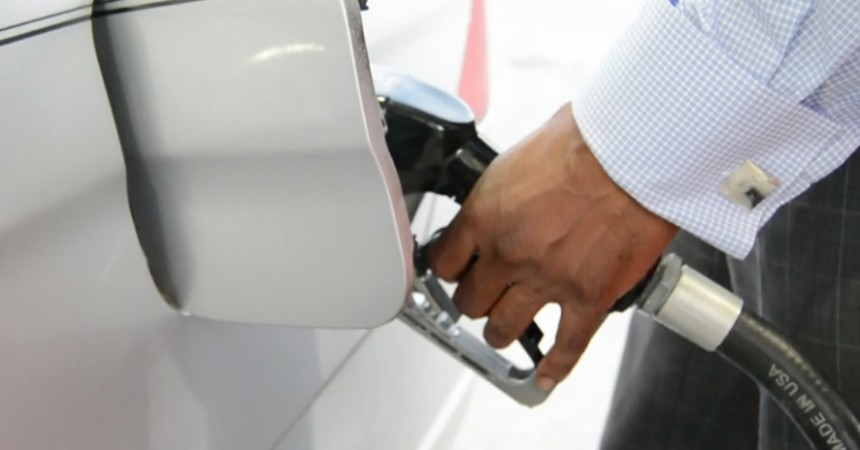
Low gas prices give consumers more discretionary cash
By Danyelle Johnson
Outlook writer
While the drop in gas prices is leaving people with more for discretionary spending, investors could just as easily realize the down side.
More specifically, FSU economic professor Patrick Mason said the low gas prices are likely to take a toll on investors who have oil companies as part of their portfolio.
“The price of oil is governed by supply and demand so saving money on utilities, transportation, petroleum and energy is one of the positives, Mason said. “The negative side is for people who own stock and oil companies.”
According to the Energy Information Administration, nationwide, savings of $2 a gallon equates to about $250 billion per year. People are able to go department store shopping, dine out and pay bills, said Circle K’s assistant manager Trenecia Parker.
Perhaps the best way to look at low oil prices is from the perspective of the consumer. Consuming a little less than 600 gallons per year, the difference between $2 and $4 gas is nearly $100 versus $1,200 a month. The number even doubles if there’s a second driver in the household with typical driving habits.
At the individual level, lower gas prices mean that consumers will pay less at the gas pump, leaving more to spend on other goods and services. These prices affect more than the cost to fill up, it also has a broader effect on the economy.
Behind the drop in gas prices is an even bigger collapse in the price of oil, averaging out to just under $30 a barrel. It’s all well to react to the uncertainty of the dropping oil prices, however the additional money consumers will have to spend will spring the economy forward.
That is especially evident in the auto sales industry. The auto market is making big gains as consumer’s rush to trade up, or make new purchases—especially on large vehicles.
“The price of oil will be at this level for some time, said Mason. “Gas is a big expense, so it definitely boosts consumer confidence because people have more money to spend,” Mason said.








